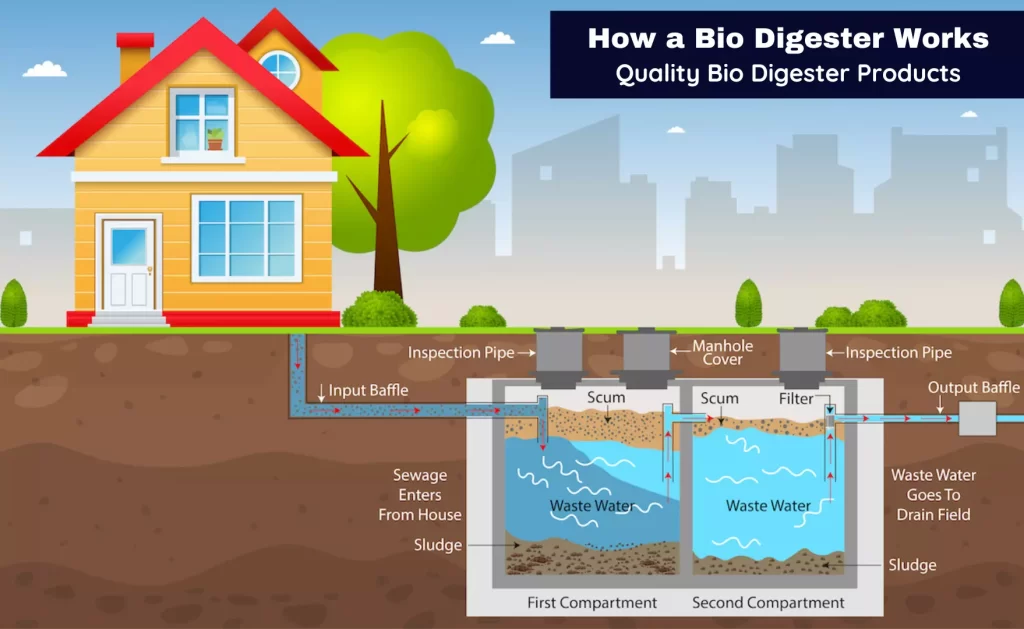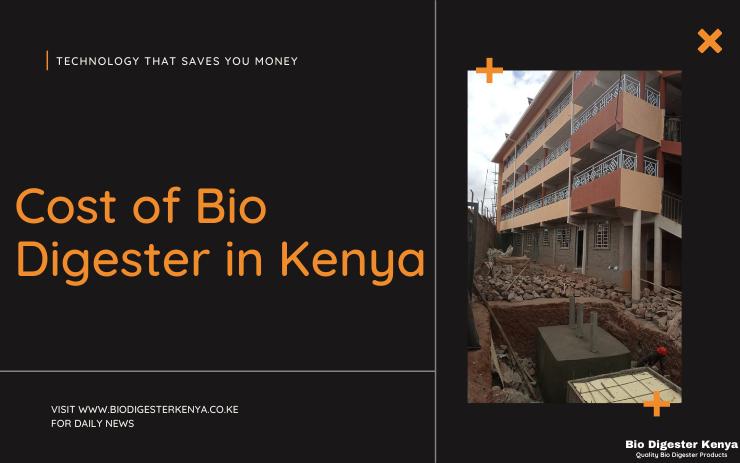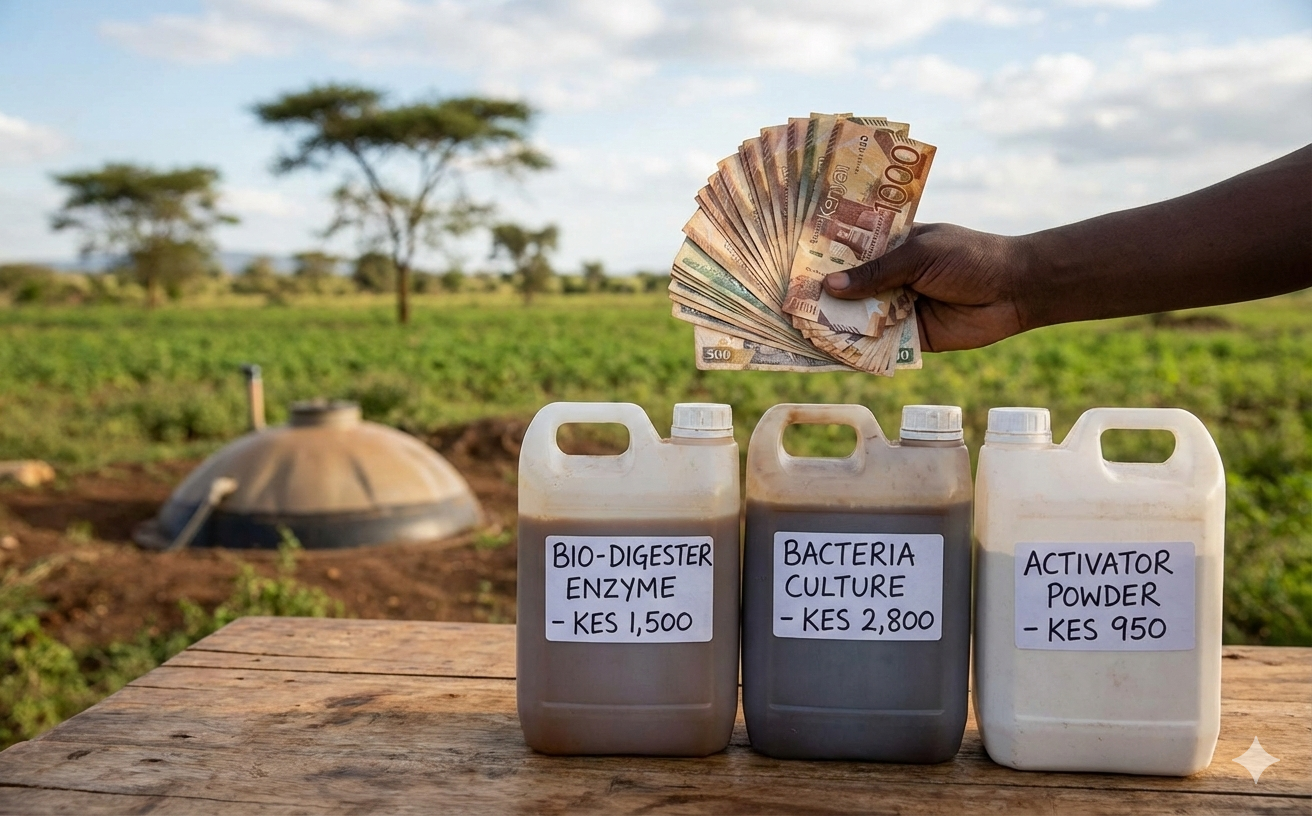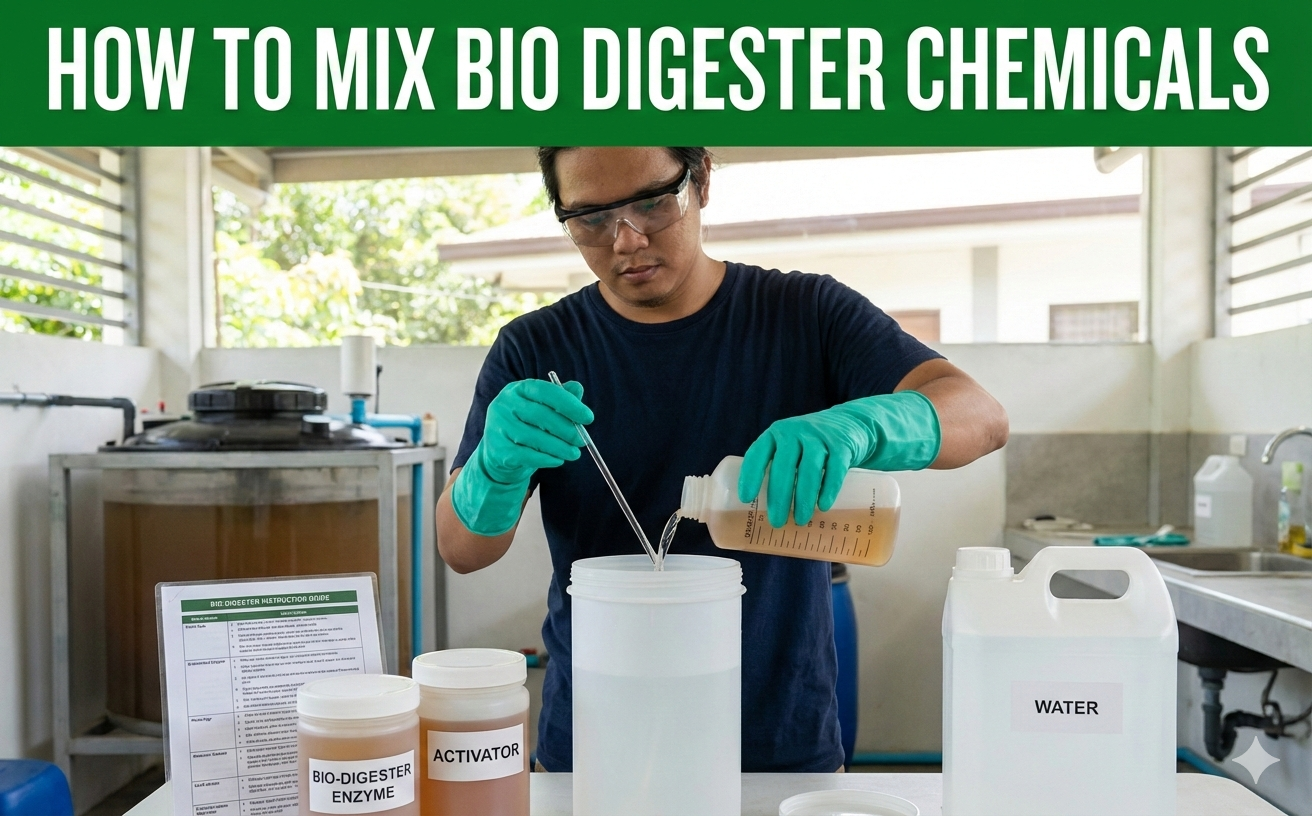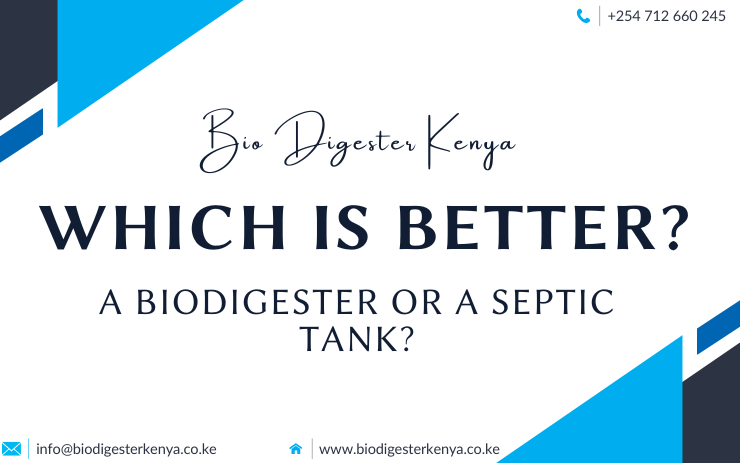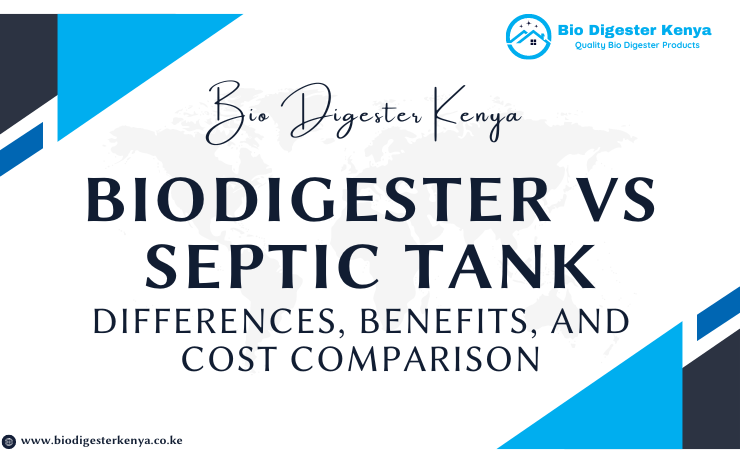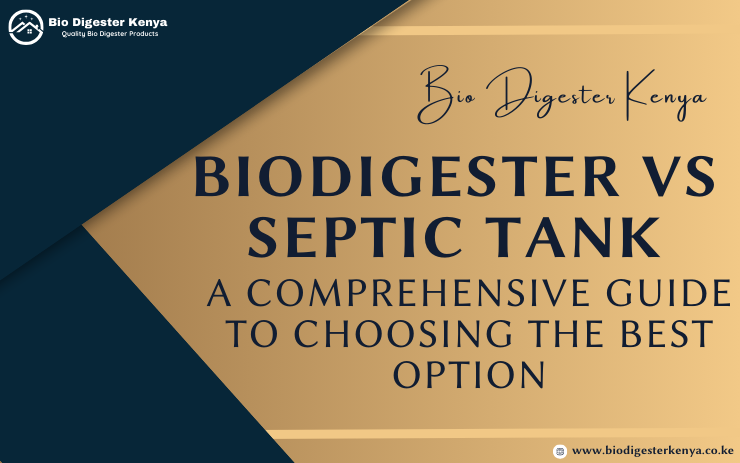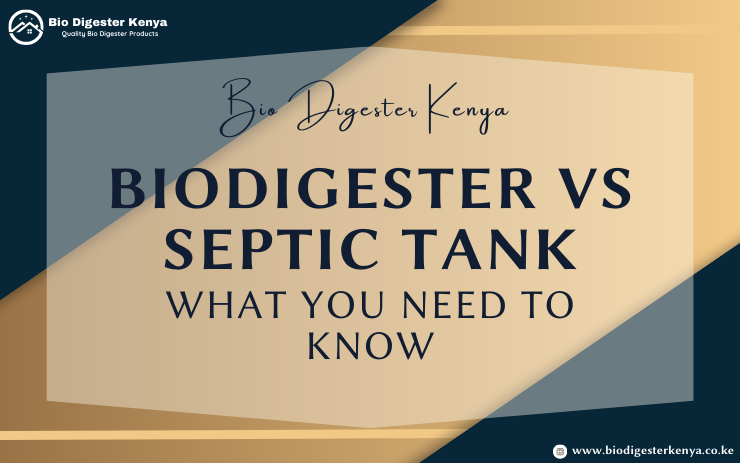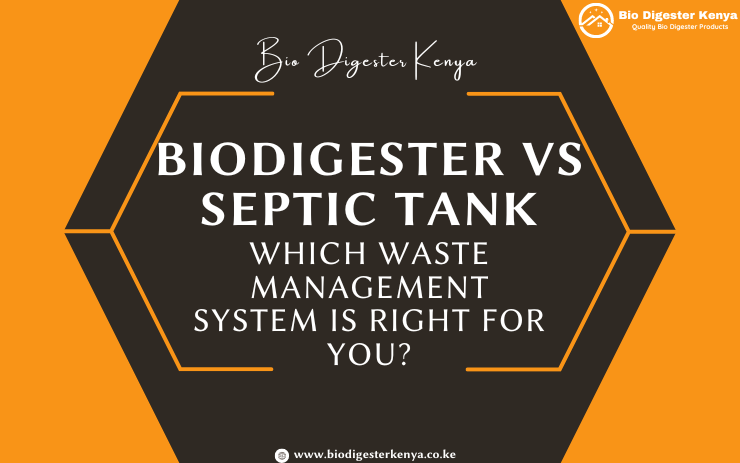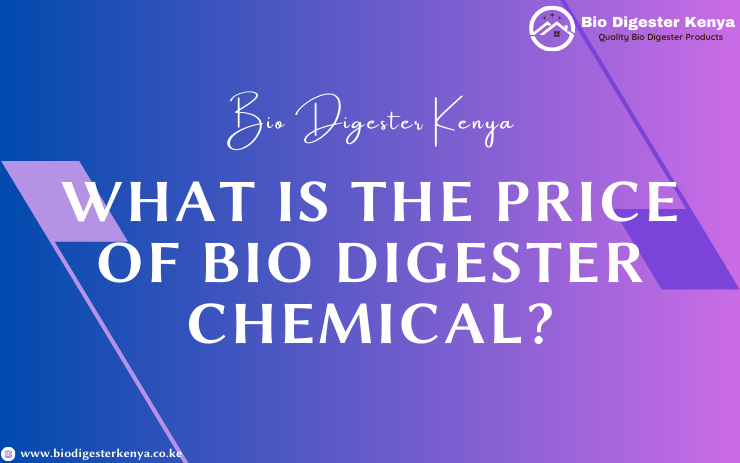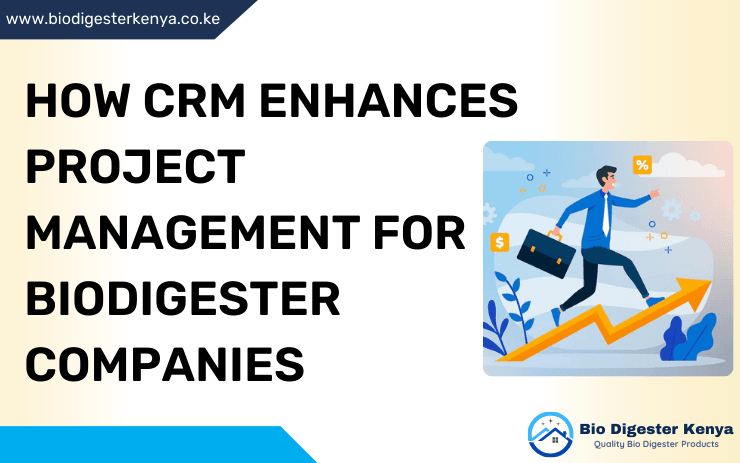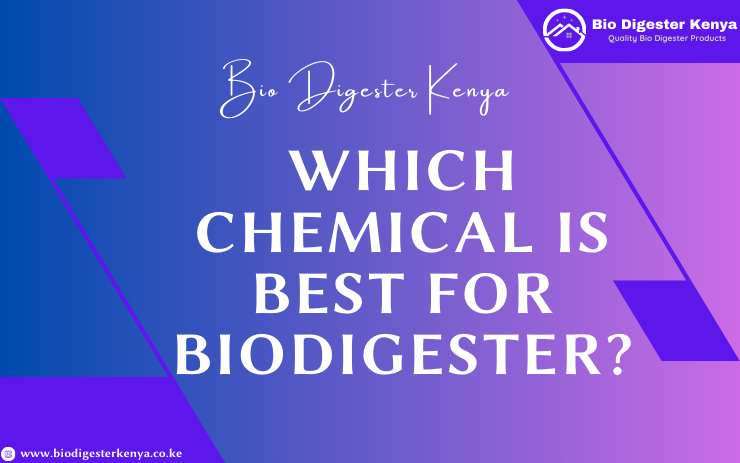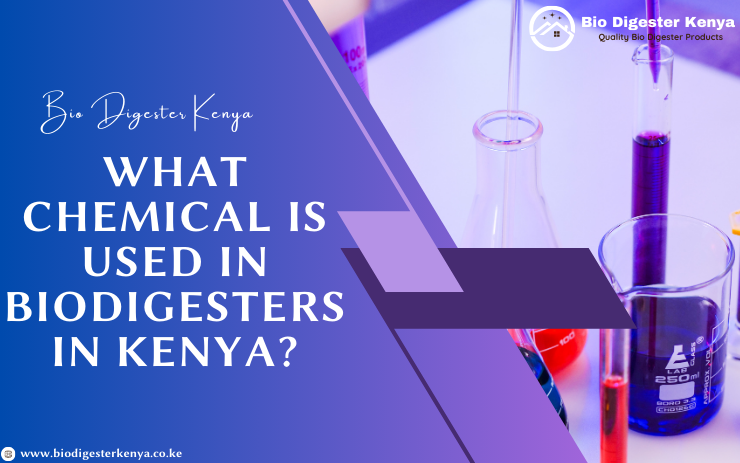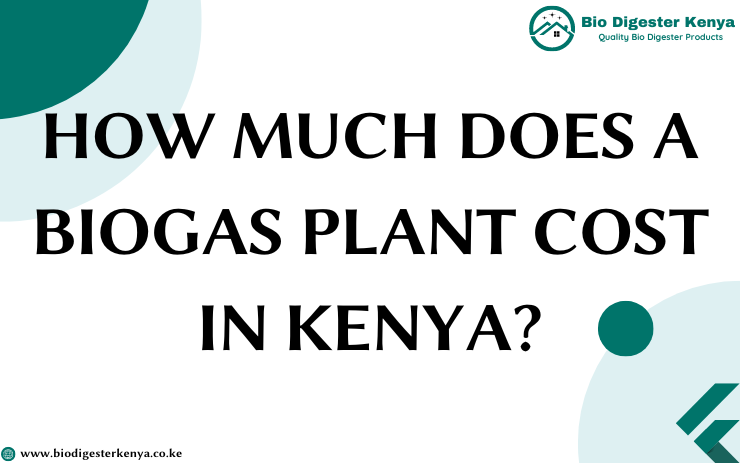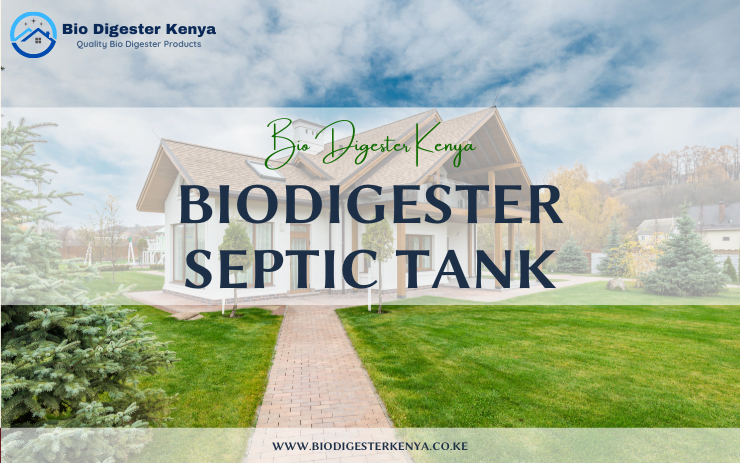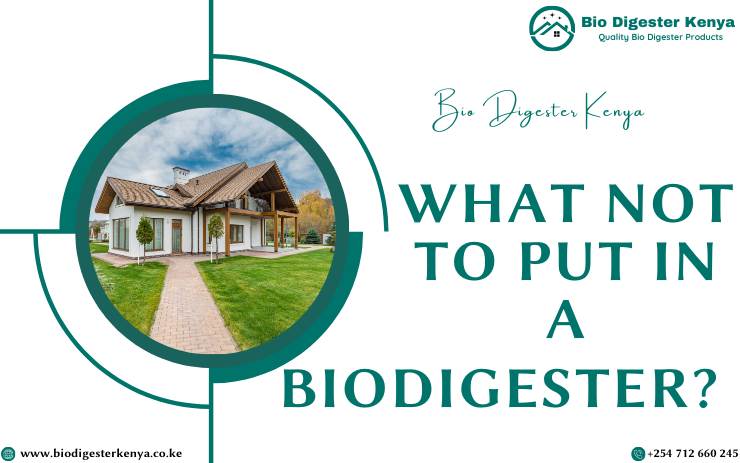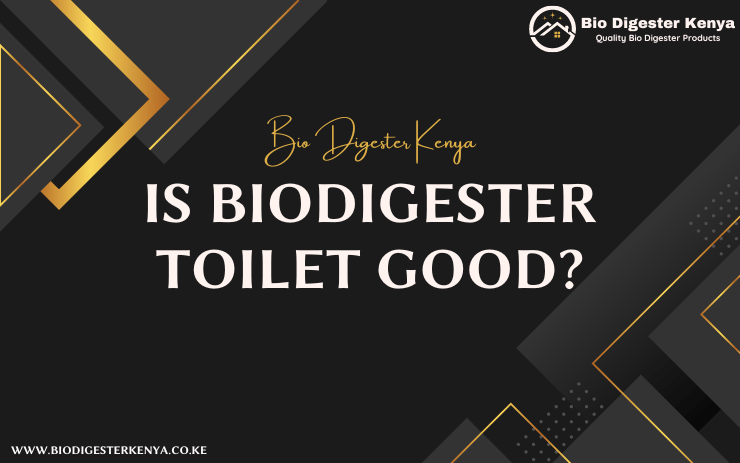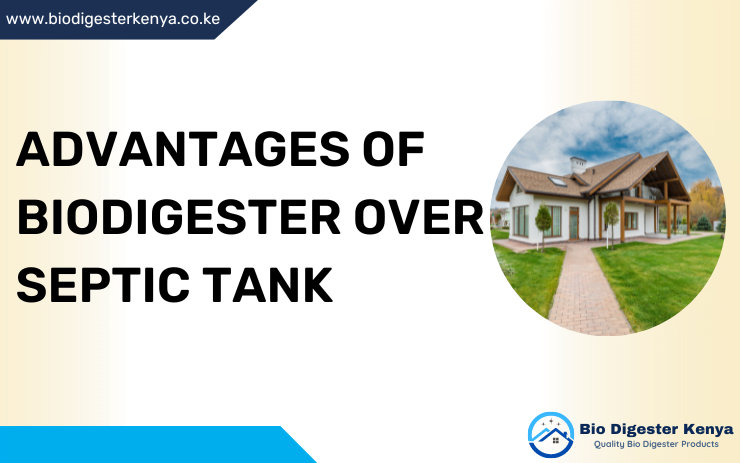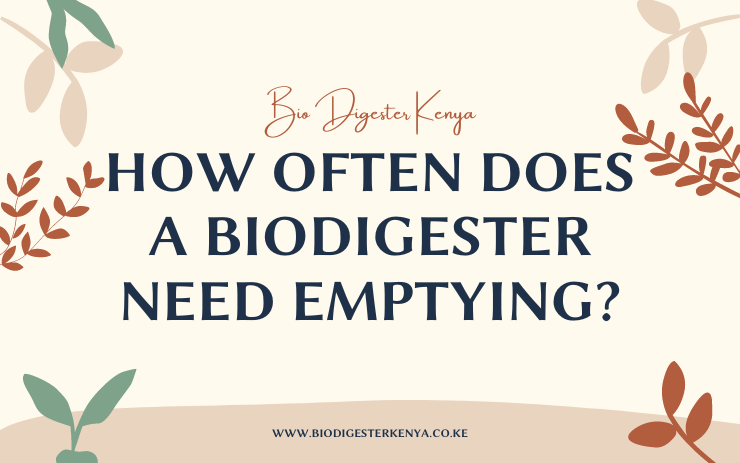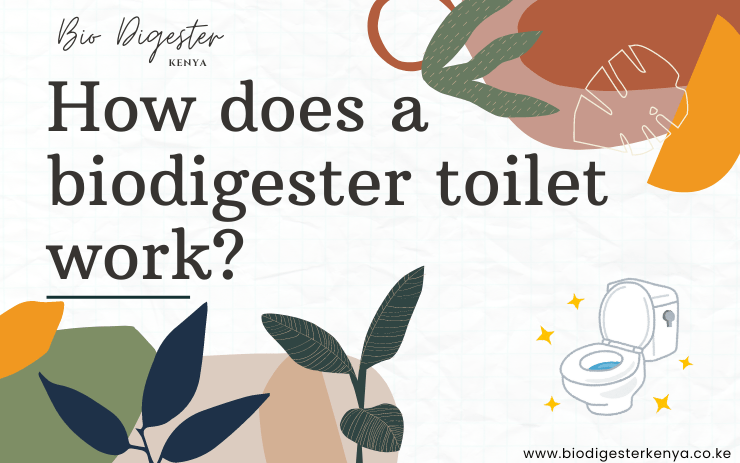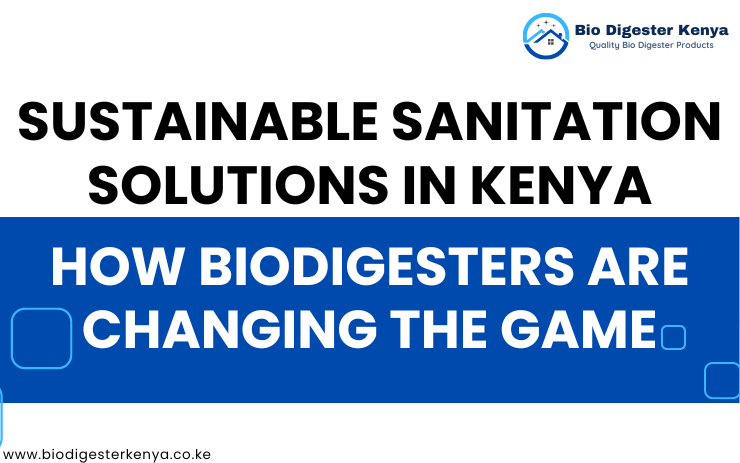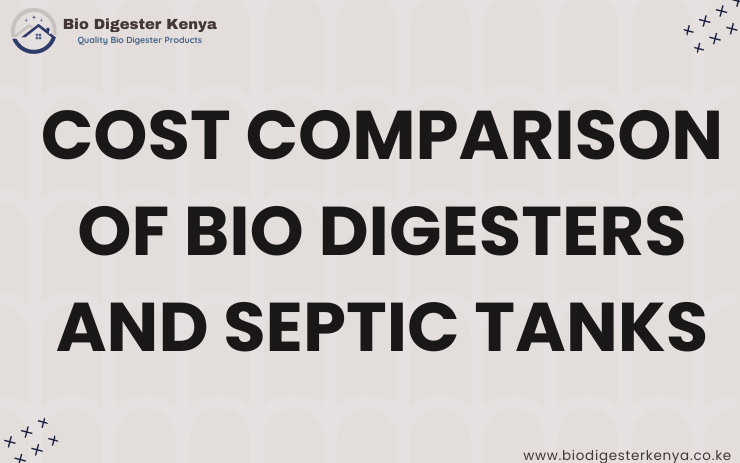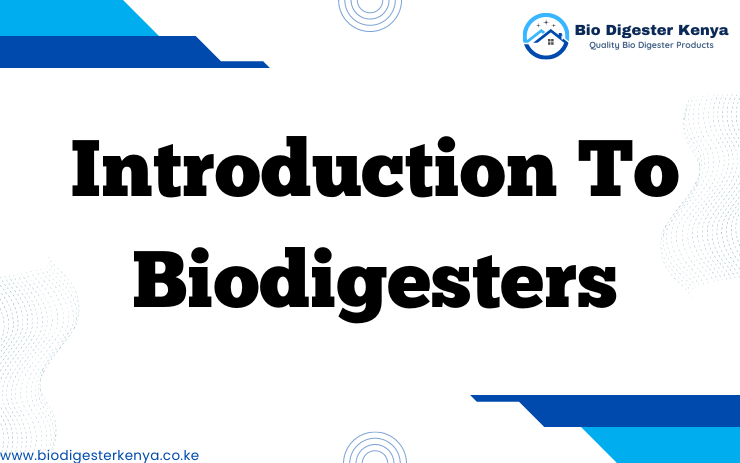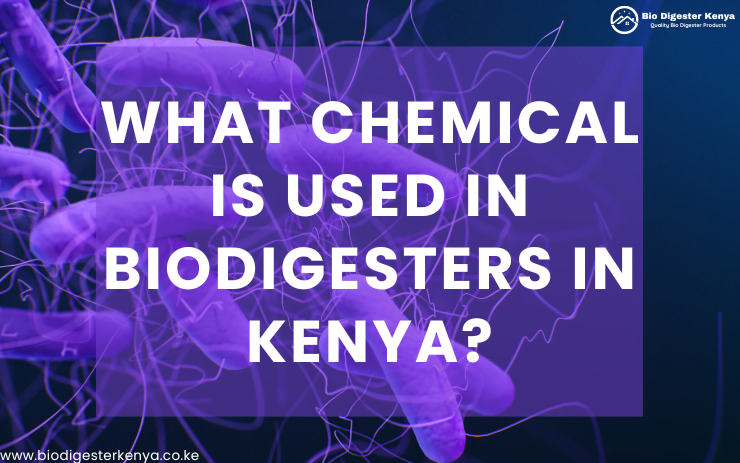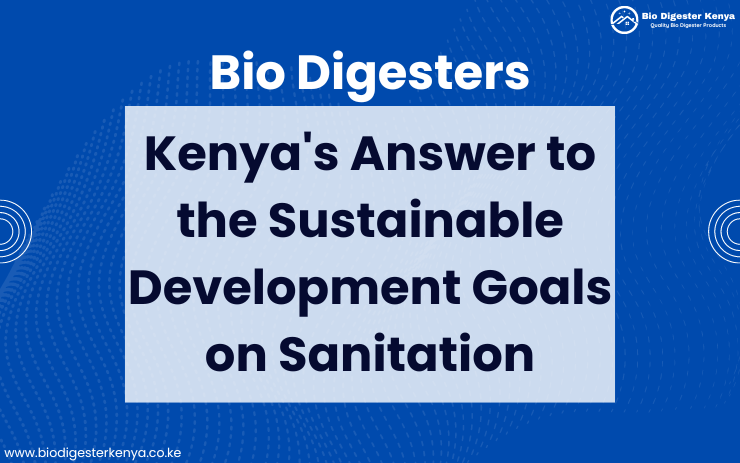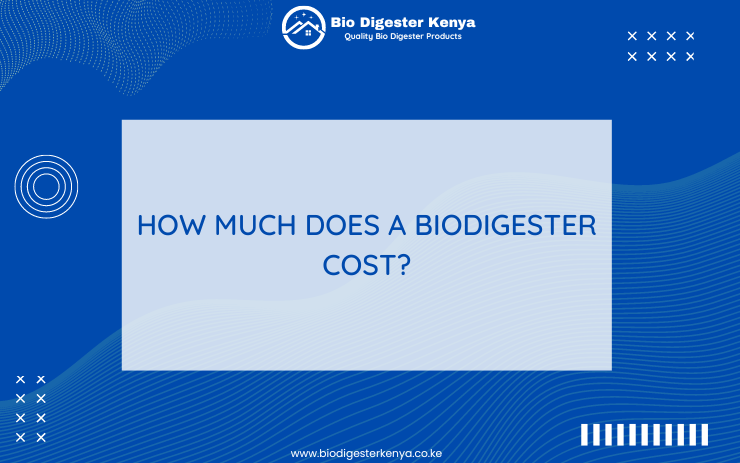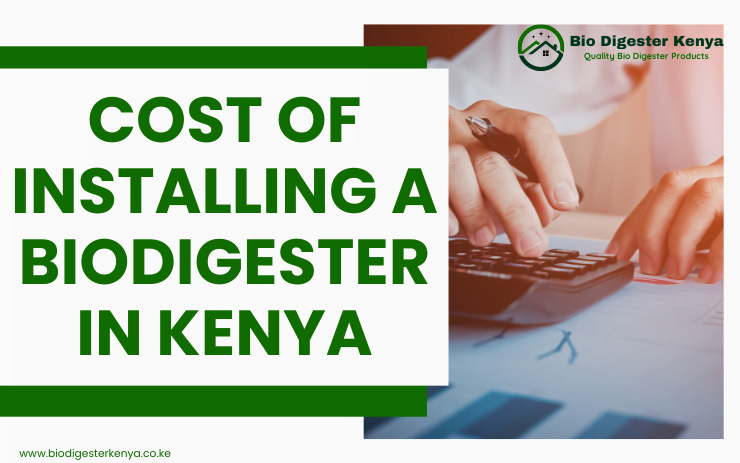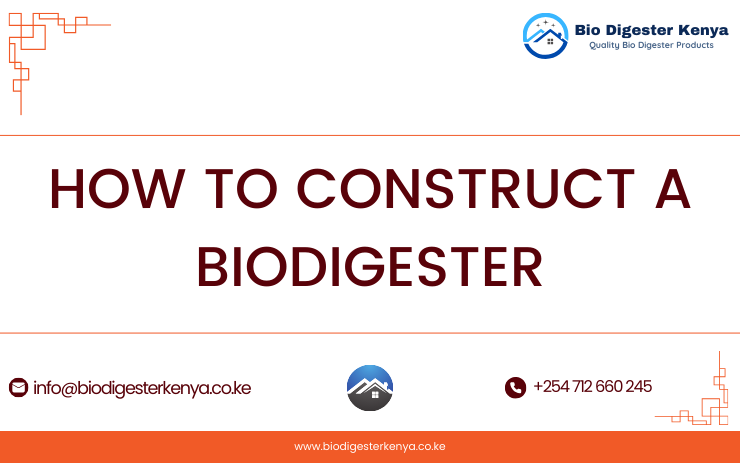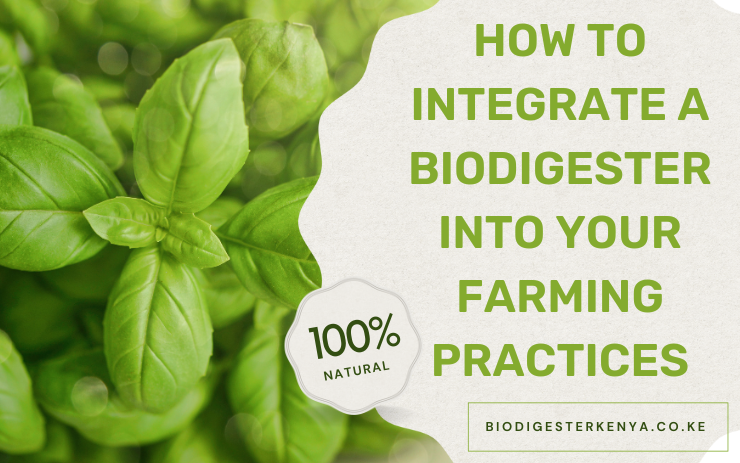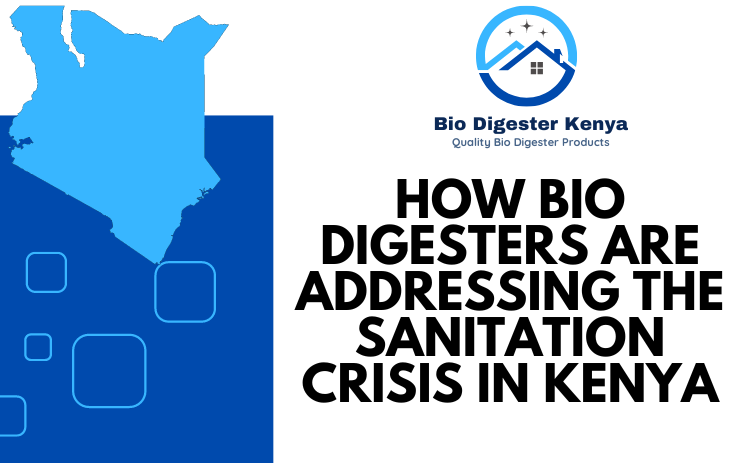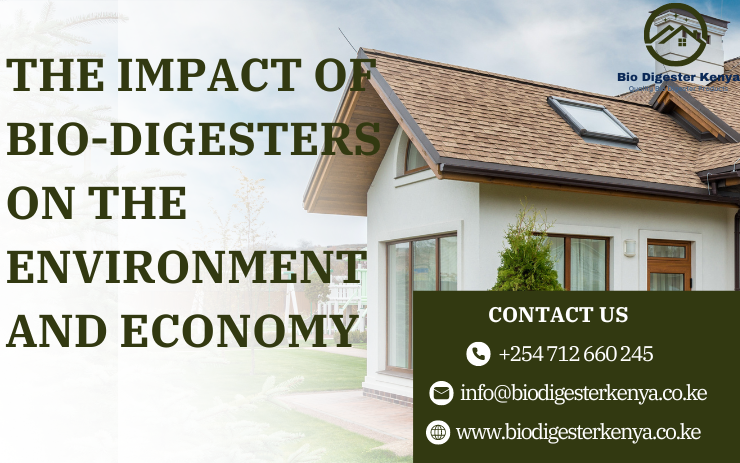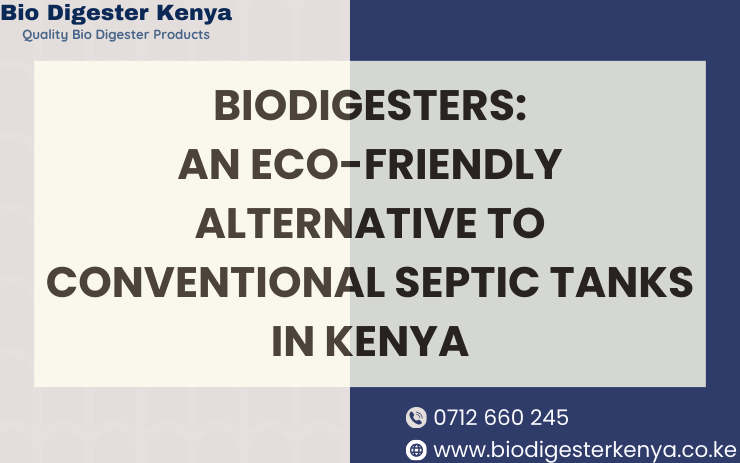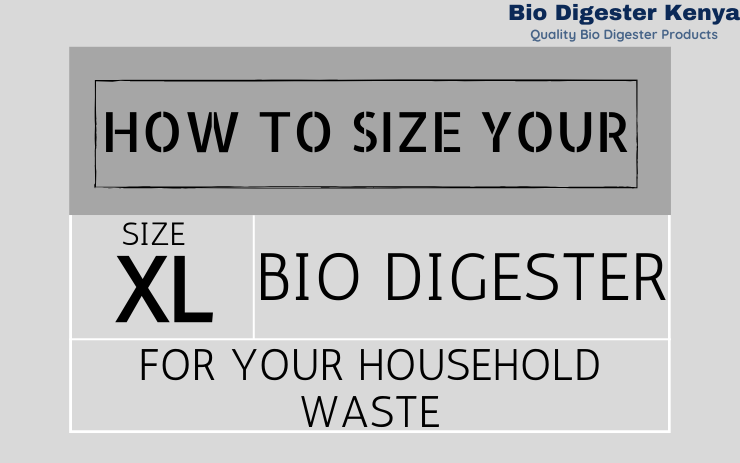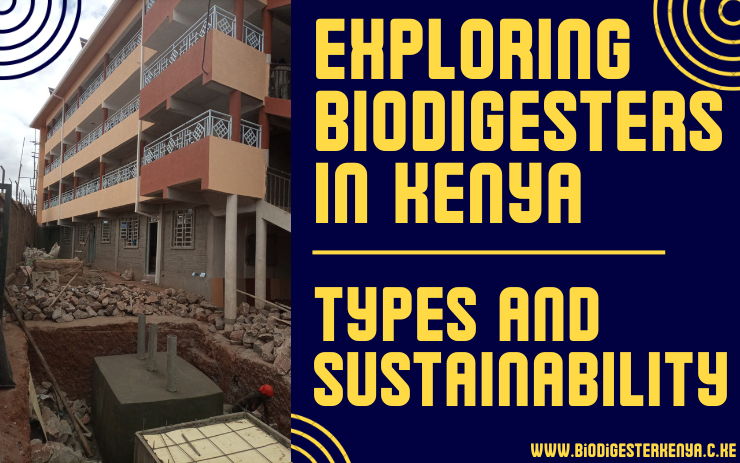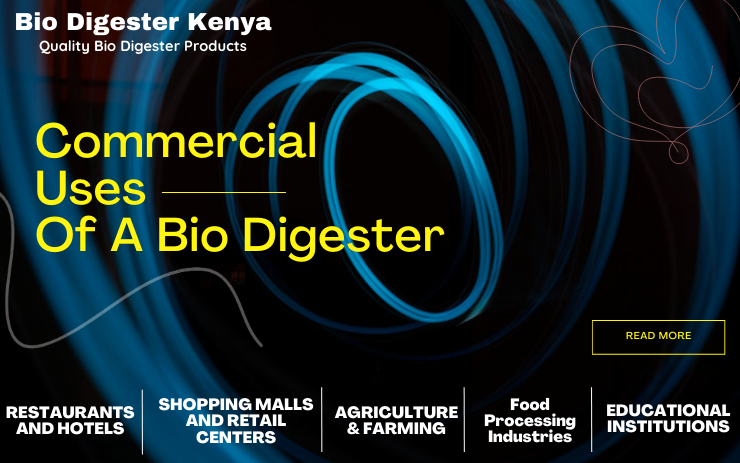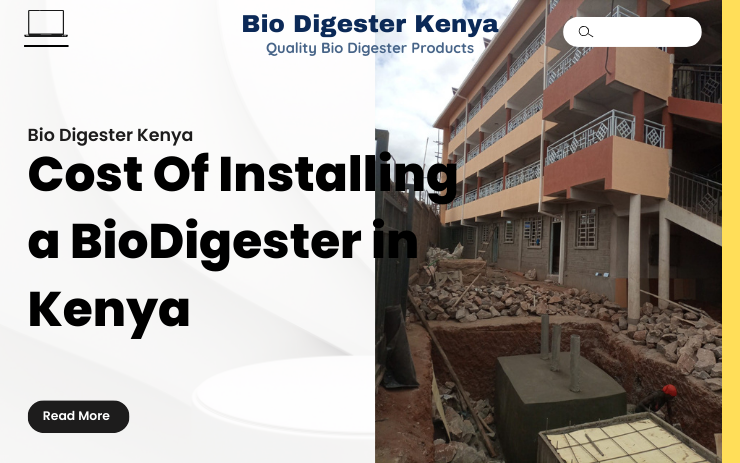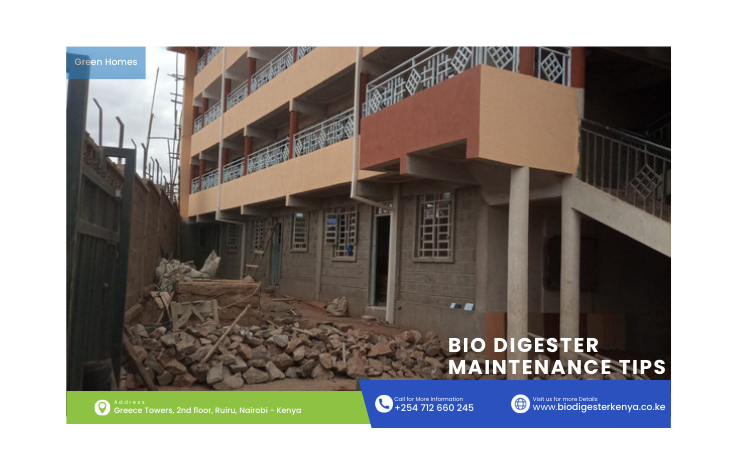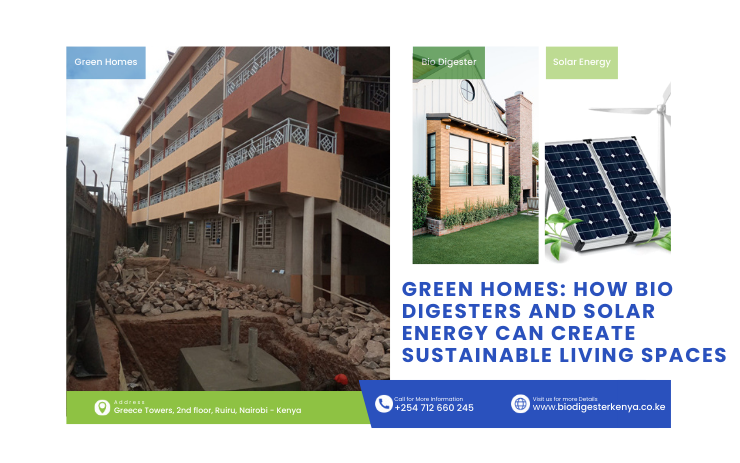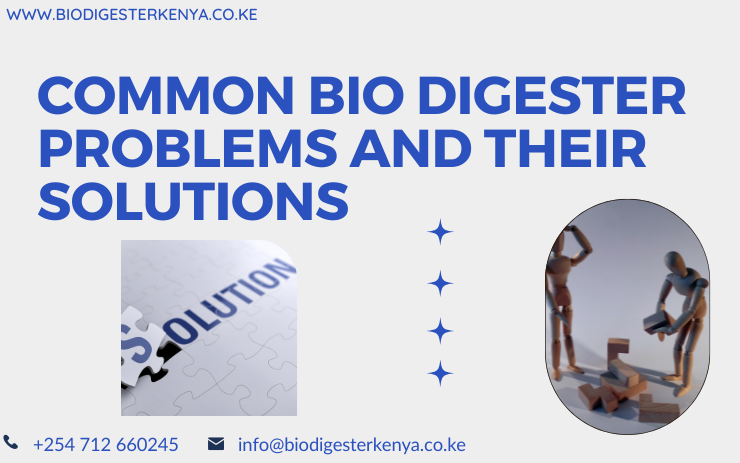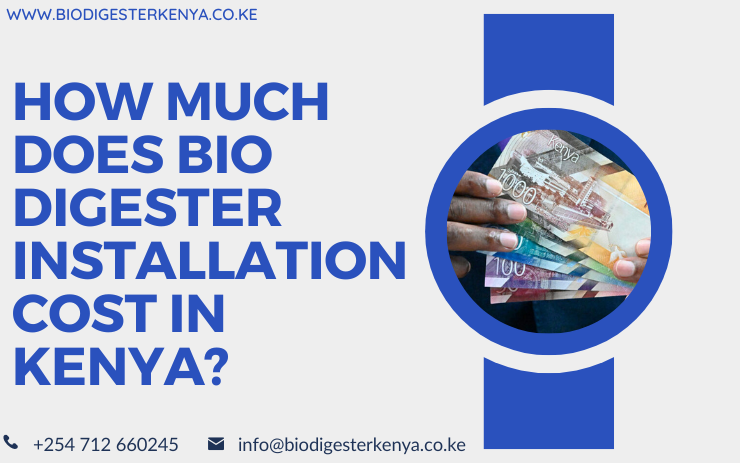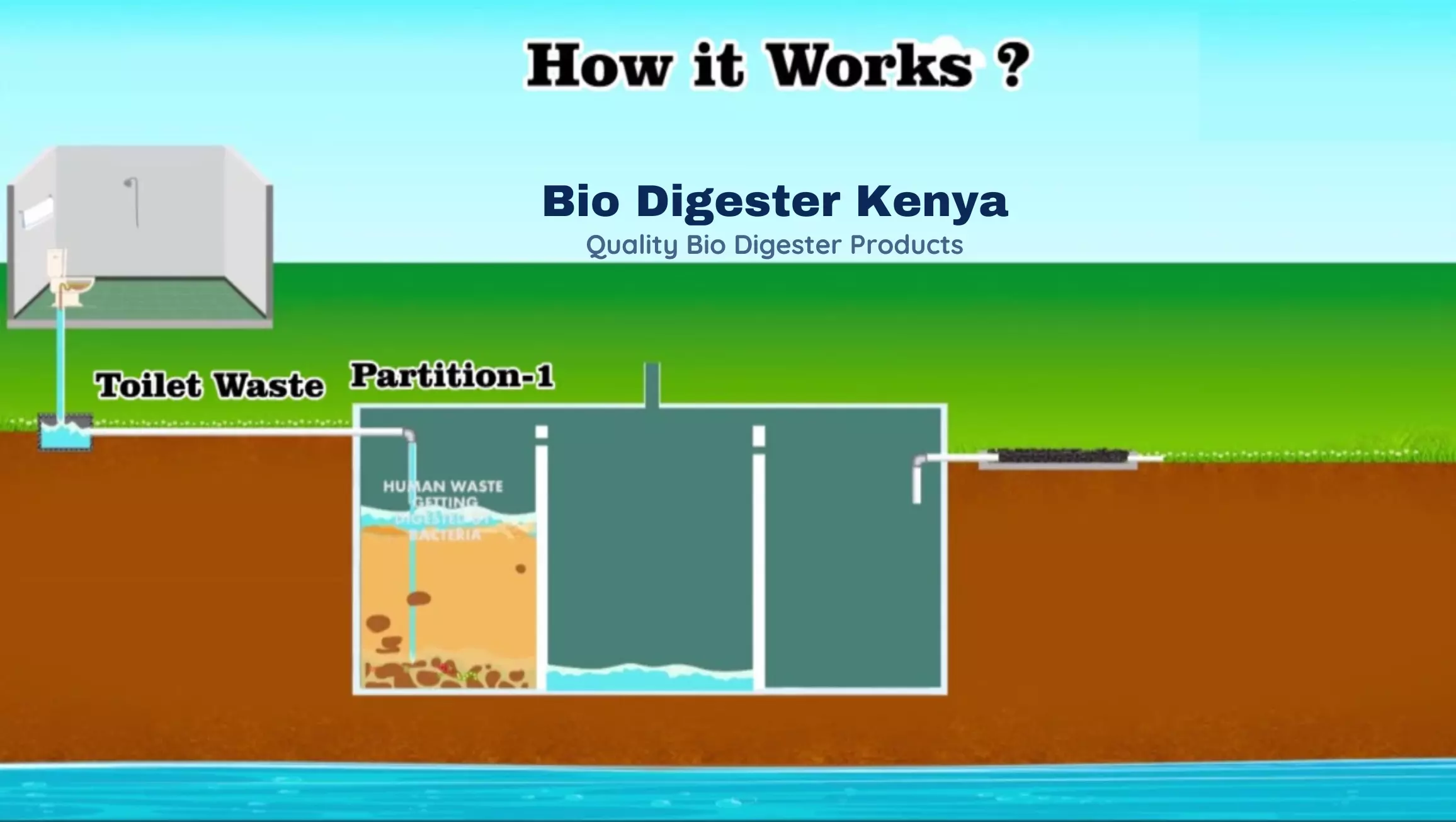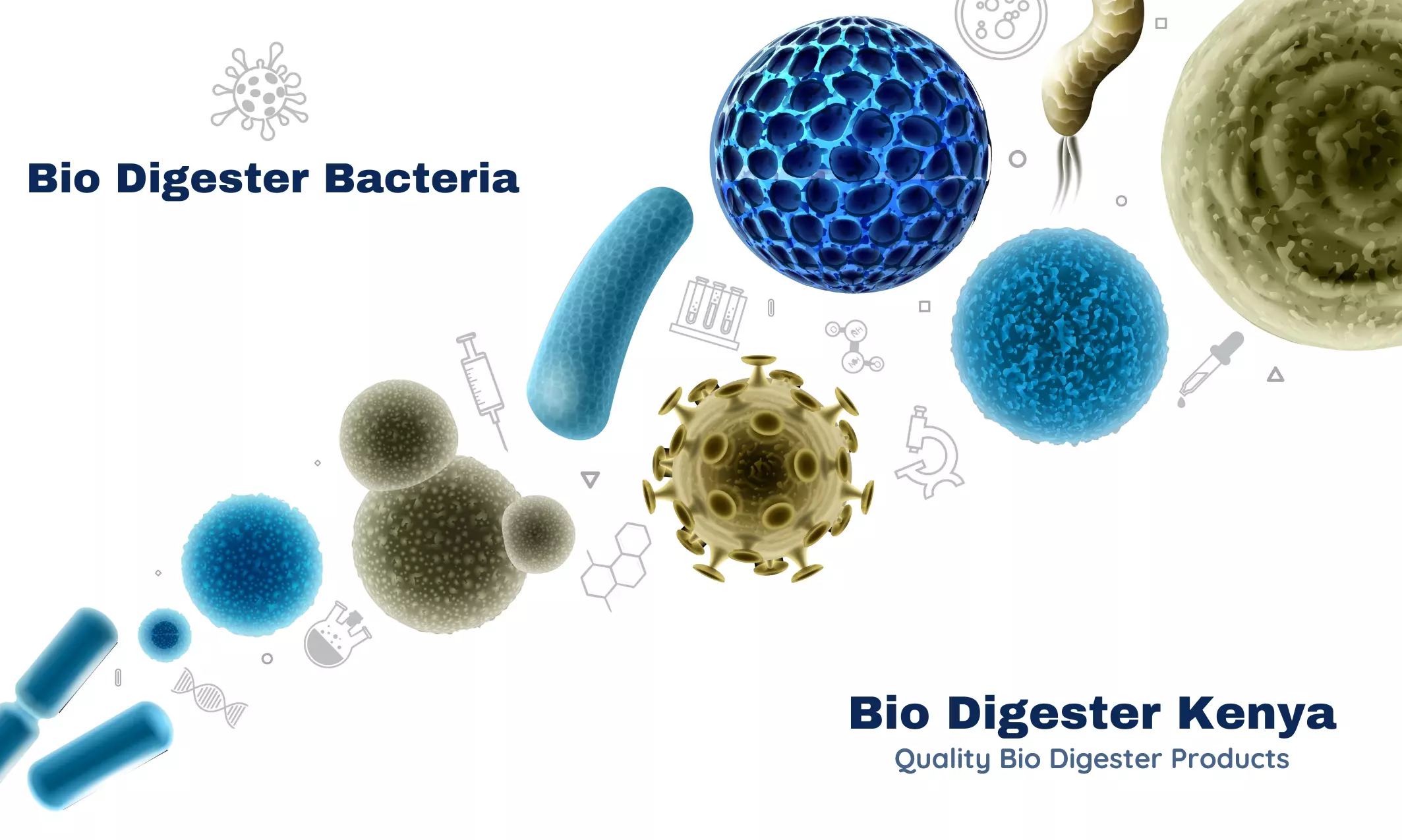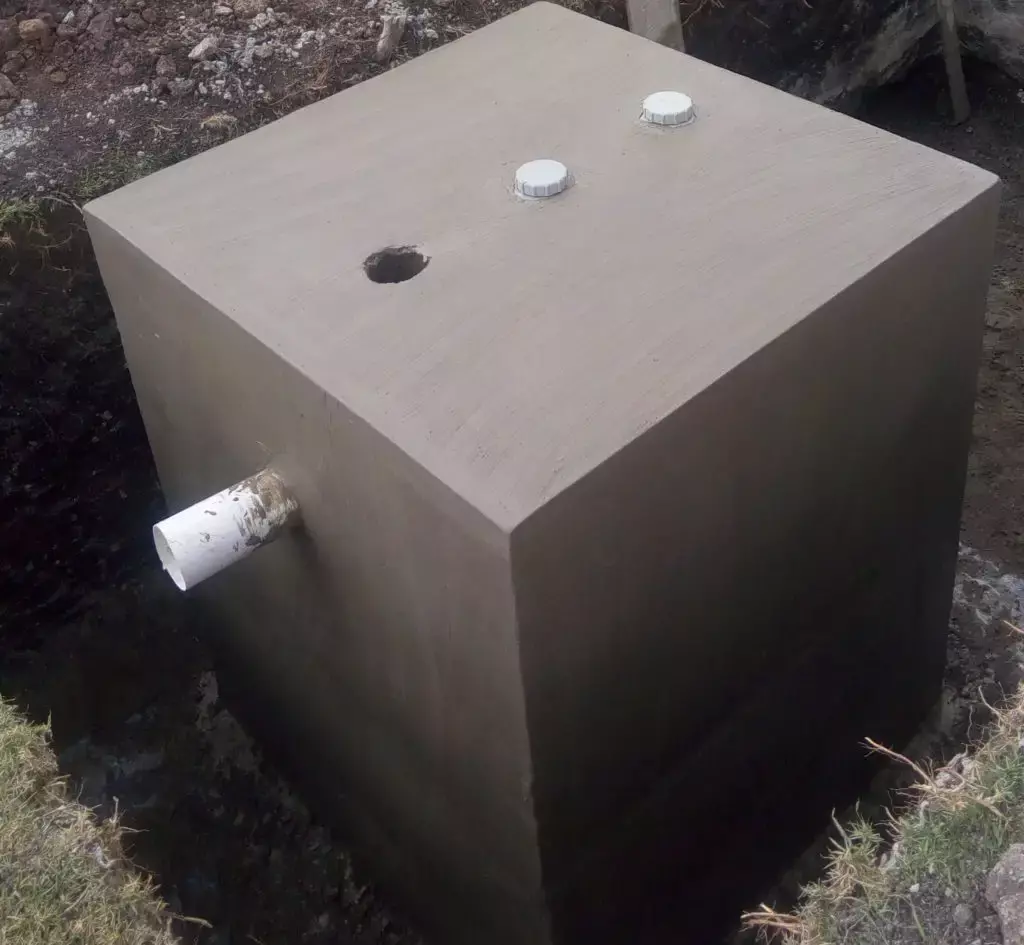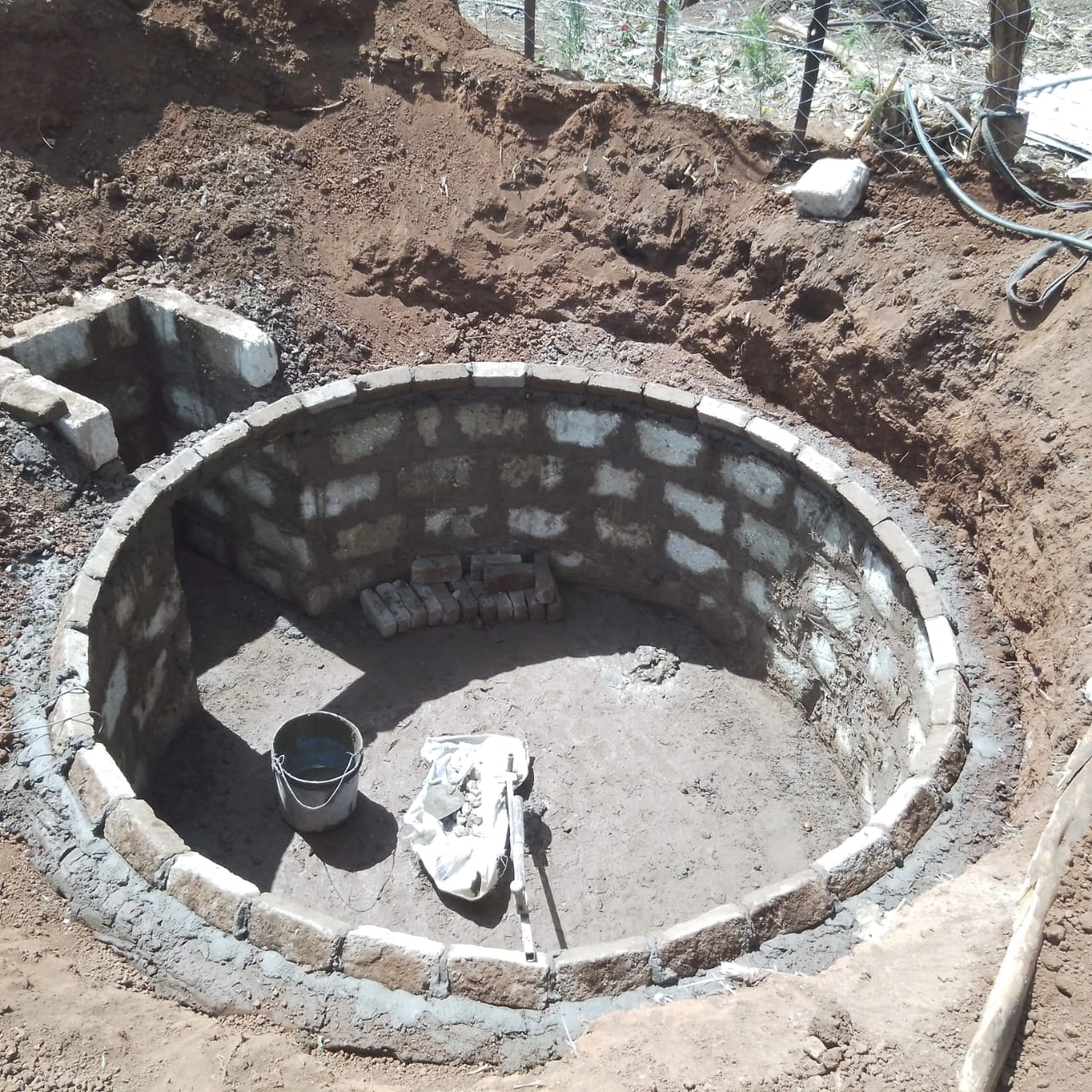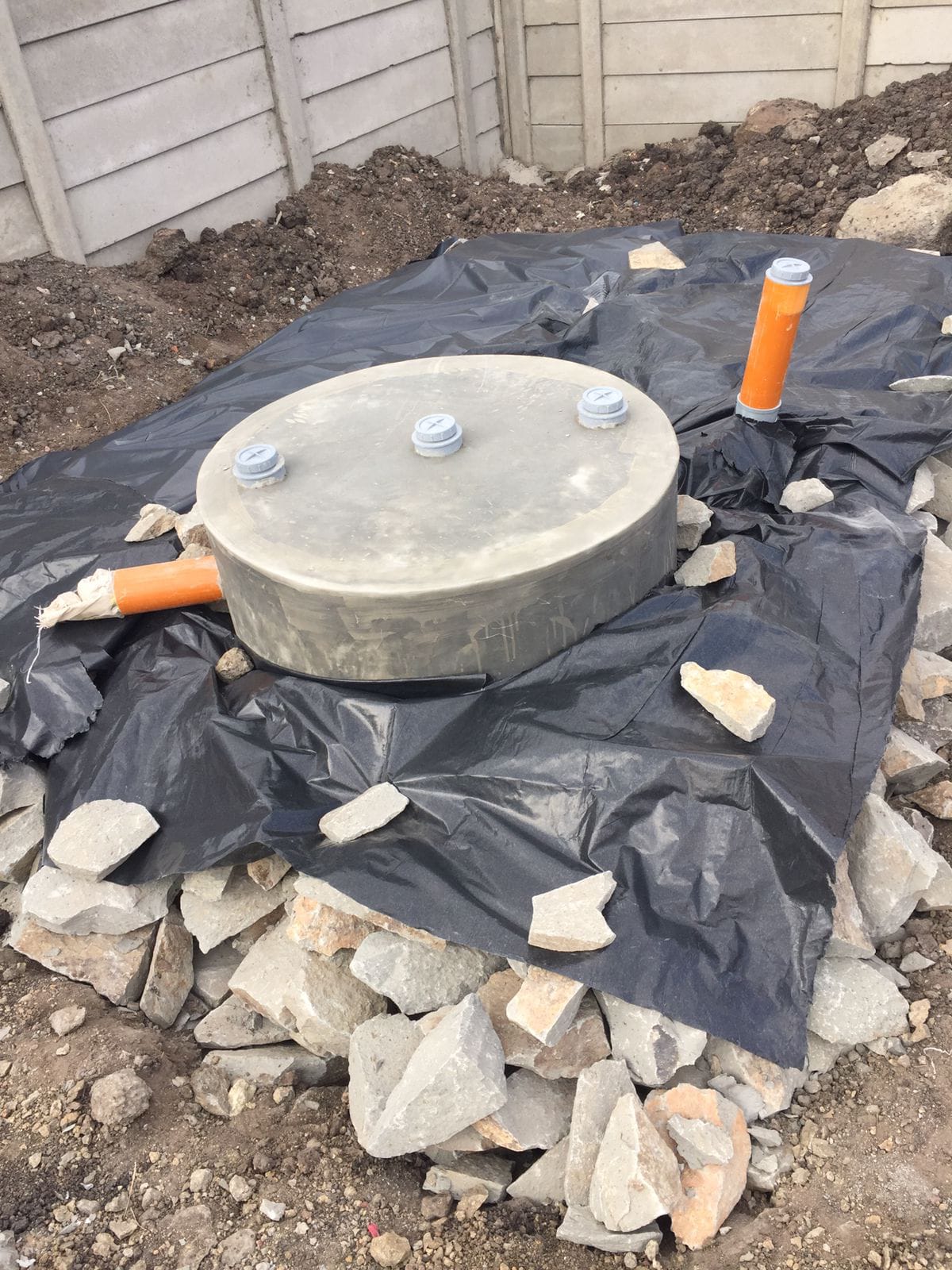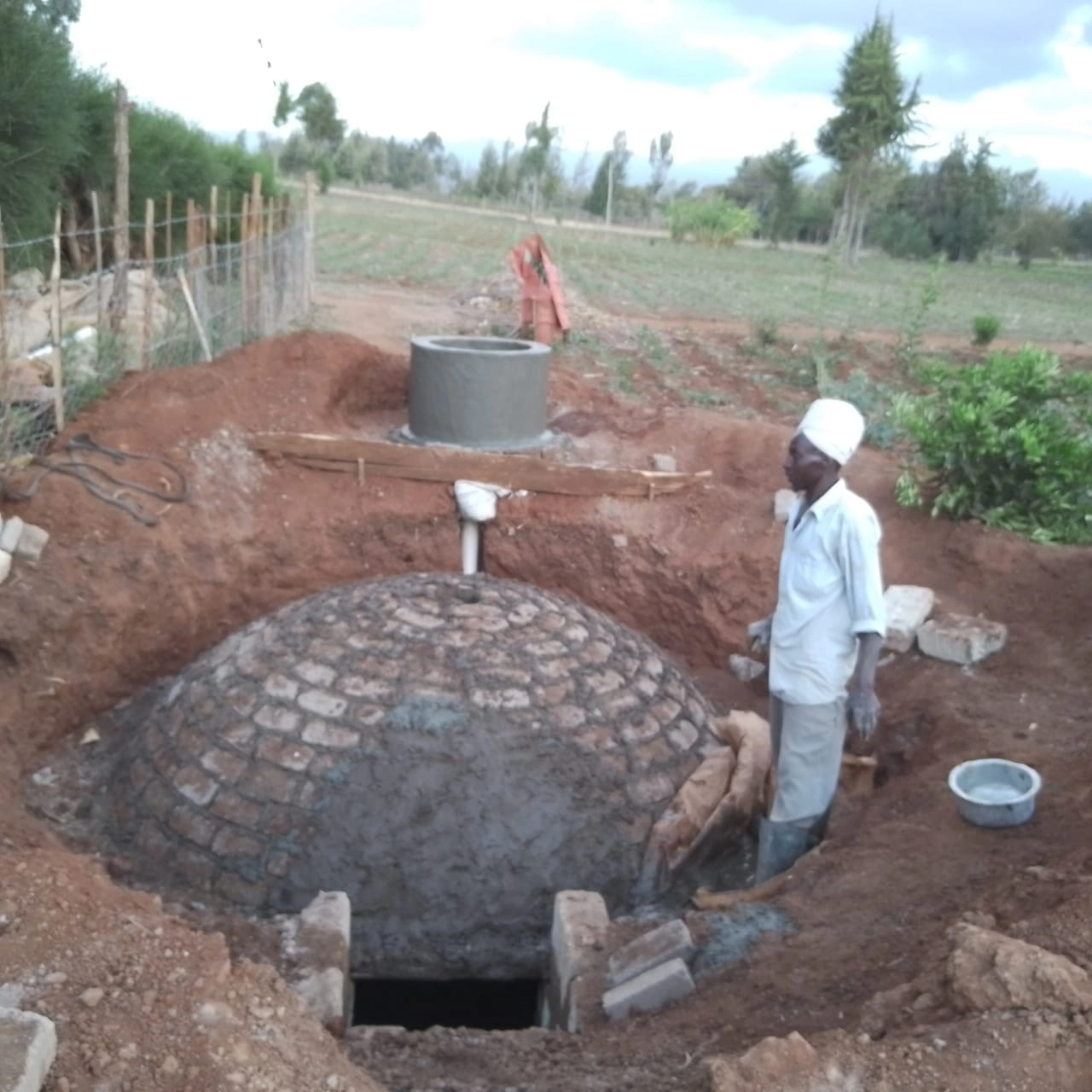In recent years, the adoption of bio digesters for commercial waste management in Kenya has seen a significant rise.
These innovative systems offer numerous benefits, from cost savings to environmental sustainability.
Let’s delve into the advantages of utilizing bio digesters for commercial waste in Kenya.
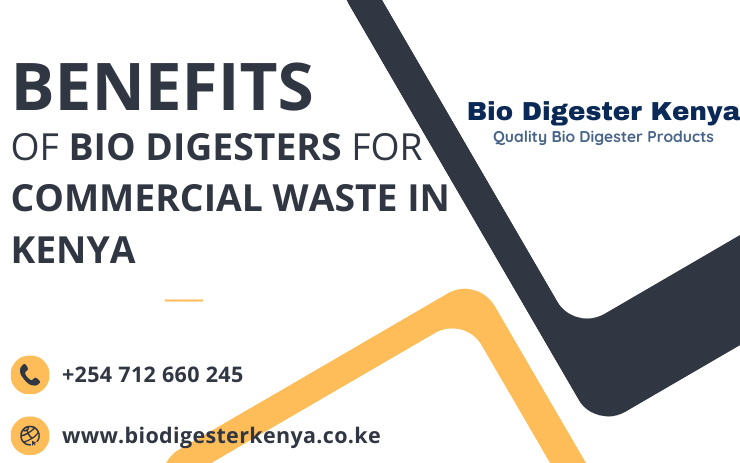
Introduction
As businesses in Kenya strive to adopt more sustainable practices, the utilization of bio digesters for commercial waste management has emerged as a viable solution.
Bio digesters offer a range of benefits that cater specifically to the needs of commercial entities, making them an attractive option for waste disposal.
Understanding Bio Digesters
Bio digesters represent a revolutionary approach to waste management, offering an eco-friendly solution to the disposal of organic waste material.
At their core, bio digesters harness the power of biological processes to efficiently break down organic matter.
The key mechanism behind bio digesters is anaerobic digestion, a natural process where microorganisms degrade organic substances in the absence of oxygen.
In this intricate process, various types of microorganisms work symbiotically to decompose organic waste, ranging from food scraps to agricultural residues.
Without the presence of oxygen, these microorganisms thrive, breaking down complex organic compounds into simpler molecules.
This breakdown process results in the production of two main byproducts: biogas and nutrient-rich effluent.
Biogas, predominantly composed of methane and carbon dioxide, is a valuable renewable energy source that can be utilized for various purposes.
From generating electricity to powering cooking stoves, biogas offers a sustainable alternative to fossil fuels, reducing both greenhouse gas emissions and reliance on non-renewable resources.
Simultaneously, the nutrient-rich effluent produced during anaerobic digestion serves as a potent organic fertilizer.
Packed with essential nutrients such as nitrogen, phosphorus, and potassium, this effluent provides an eco-friendly solution for enhancing soil fertility and promoting plant growth.
By returning vital nutrients to the soil, bio digesters close the loop in the organic waste cycle, transforming waste into a valuable resource.
Overall, bio digesters embody the principles of sustainability and circular economy, offering a holistic approach to waste management.
By harnessing the power of nature’s biological processes, these innovative systems provide a pathway towards a cleaner, greener future.
Through understanding the intricacies of bio digesters, businesses and communities can embrace a more sustainable approach to waste management, reaping the benefits of renewable energy and nutrient recycling.
Benefits of Bio Digesters for Commercial Waste
Implementing Bio Digesters for commercial waste management offers multifaceted benefits that extend beyond mere cost savings.
These systems play a crucial role in enhancing environmental sustainability, reducing dependency on landfills, and promoting resource conservation.
By harnessing the natural processes of anaerobic digestion, bio digesters transform organic waste into valuable resources such as biogas and nutrient-rich fertilizer, thereby minimizing greenhouse gas emissions and contributing to the circular economy.
Additionally, bio digesters offer commercial entities the opportunity to demonstrate their commitment to corporate social responsibility by adopting innovative, eco-friendly solutions for waste management.
In essence, the adoption of bio digesters represents a proactive step towards achieving both economic and environmental objectives within commercial operations.
Cost Efficiency
One of the most compelling advantages of integrating bio digesters into commercial waste management strategies is their inherent cost efficiency.
By harnessing the natural processes of anaerobic digestion, bio digesters transform organic waste into valuable resources, thus significantly reducing waste disposal costs for businesses.
Unlike traditional waste disposal methods, which often incur hefty fees for landfilling or incineration, bio digesters offer a sustainable alternative that not only minimizes expenses but also generates revenue through the production of biogas and nutrient-rich fertilizer.
Environmental Sustainability
Bio digesters play a pivotal role in advancing environmental sustainability within commercial operations.
By diverting organic waste from landfills and incinerators, these systems help mitigate the emission of harmful greenhouse gases, such as methane, into the atmosphere.
Instead, bio digesters facilitate the conversion of organic waste into biogas, a renewable energy source that can be utilized to power various processes within commercial facilities.
This reduction in greenhouse gas emissions contributes to combating climate change and fostering a cleaner, greener environment for future generations.
Reduced Dependency on Landfills
Commercial enterprises often grapple with the challenge of managing large volumes of organic waste, which, if improperly handled, can pose significant environmental hazards.
Bio digesters offer a sustainable solution by reducing the dependency on landfills for waste disposal. Instead of burdening finite landfill space with organic waste, bio digesters convert such waste into biogas and nutrient-rich effluent, effectively diverting waste from landfills and alleviating pressure on these already overstretched facilities.
Customization and Adaptability
Bio digesters exhibit remarkable versatility, allowing for extensive customization to suit the diverse needs of commercial entities.
These systems can be meticulously tailored to accommodate a wide range of waste volumes and compositions, ensuring optimal performance and efficiency regardless of the scale or nature of the operation.
Whether it’s a quaint corner cafe or a sprawling industrial complex, bio digesters can be expertly engineered to seamlessly integrate into existing infrastructure and operational workflows.
From adjusting the size and capacity to fine-tuning the operational parameters, the flexibility of bio digesters enables businesses to tailor these systems precisely to their unique requirements.
This adaptability ensures that commercial entities can derive maximum value and benefit from their bio digester investment, optimizing waste management practices and promoting sustainability across various industries and sectors.
Case Studies of Successful Implementations
Numerous commercial entities across Kenya have embraced the adoption of bio digester systems for efficient waste management solutions.
These pioneering ventures have not only implemented bio digesters successfully but have also yielded remarkable results in terms of waste reduction, resource recovery, and environmental stewardship.
Through detailed case studies, these success stories vividly illustrate the tangible benefits and effectiveness of bio digesters in addressing the unique waste management challenges faced by commercial establishments.
By showcasing real-world examples of businesses achieving significant improvements in waste diversion, cost savings, and environmental impact reduction, these case studies serve as compelling testimonials to the transformative potential of bio digesters in the realm of commercial waste management.
Considerations for Commercial Entities
Before investing in a bio digester system, commercial entities should consider various factors such as:
Initial Investment
The upfront cost of installing a bio digester system can vary significantly depending on factors such as size, capacity, and chosen technology.
While the initial investment may appear substantial, it’s essential to recognize the long-term cost savings and benefits that outweigh these initial expenses.
By analyzing the potential return on investment and considering factors like reduced waste disposal costs and revenue generation from biogas production, commercial entities can make informed financial decisions regarding bio digester adoption.
Maintenance Costs
While bio digesters generally require minimal maintenance compared to traditional waste management systems, commercial entities should allocate resources for regular upkeep to maintain optimal performance.
Routine maintenance tasks may include monitoring system operations, inspecting components for wear or damage, and servicing equipment as needed.
By investing in proactive maintenance measures, businesses can prevent costly repairs and ensure the longevity and efficiency of their bio digester systems.
Space Requirements
Before proceeding with the installation of a bio digester system, commercial entities must assess their available space to accommodate the infrastructure.
The size and capacity requirements of the bio digester will largely dictate the spatial footprint needed for installation.
Factors such as available land area, zoning regulations, and proximity to waste sources must be considered when determining the feasibility of implementing a bio digester solution.
Additionally, space constraints may influence the selection of bio digester technology, with options ranging from compact, above-ground systems to larger, below-ground installations.
By carefully evaluating space considerations upfront, businesses can optimize the placement and configuration of their bio digester systems to maximize efficiency and functionality.
Bio Digester Kenya: Your Partner in Sustainable Waste Management
At Bio Digester Kenya, we specialize in designing, installing, and maintaining bio digester systems tailored to meet the unique needs of commercial entities across Kenya.
With our expertise and commitment to sustainability, we provide comprehensive waste management solutions that help businesses minimize their environmental footprint.
FAQs About Using Bio Digesters for Commercial Waste
Can bio digesters handle large volumes of commercial waste? Yes, bio digesters can be designed to accommodate varying waste volumes, making them suitable for commercial applications.
How long does it take to recoup the initial investment in a bio digester system? The payback period for a bio digester system depends on factors such as waste volume, energy savings, and local incentives. However, many businesses recoup their investment within a few years.
Are there any government incentives available for businesses investing in bio digesters? Some governments offer incentives such as tax credits or grants to businesses investing in renewable energy technologies like bio digesters. It’s advisable to research available incentives in your area.
What types of organic waste can be processed in a bio digester system? Bio digesters can process a wide range of organic waste, including food waste, agricultural residues, and animal manure.
Is professional installation necessary for a bio digester system? While some smaller systems may be installed by DIY enthusiasts, professional installation ensures optimal performance and compliance with safety regulations.
